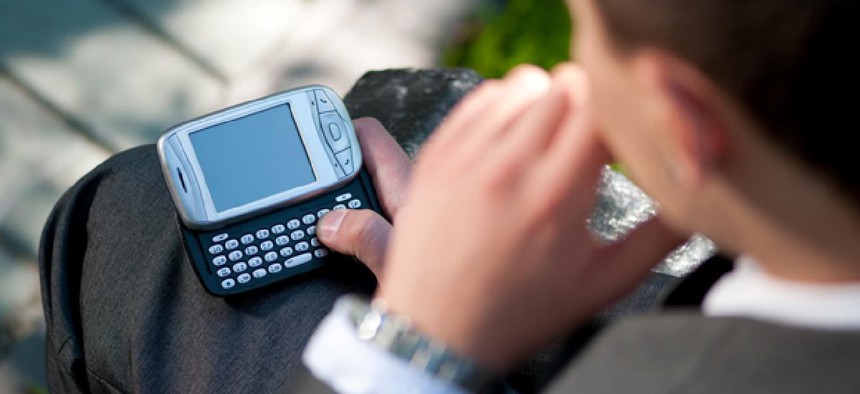Police surveillance of cell phones is skyrocketing

Aleksandr Markin/Shutterstock.com
Requests for information require a search warrant unless they are for emergencies.
A Congressional report on the relationship between cell phone carriers and law enforcement agencies shows that the companies are responding to thousands of requests per day from criminal investigators asking for text messages, call records, location data, and other information on customers. The nation's carriers answered 1.3 million requests last year, revealing how cell phone surveillance has now become a routing part of police work.
The report also concluded the actual number of requests is probably much higher (but is under-reported due to bad record-keeping) and the number of customers affected is actually "several times" higher, because a single request can involve multiple callers and numbers. Police can even request a "data dump" for an entire cell tower, asking and getting the names and numbers of anyone who happened to be near a certain location at a certain time of day, even people who aren't suspects.
Requests for information usually require a search warrant, but in certain circumstances police can declare it to be an emergency, expediting the process without court orders. AT&T says they get more than 700 requests every day, with around 230 of them being regarded as emergencies. Several of the companies did say that they frequently reject many of the requests that they deemed unjustified. T-Mobile even claims to have reported two law enforcement agencies to the FBI, because their requests were considered inappropriate.
Read the rest at The Atlantic Wire.
(Image via Aleksandr Markin /Shutterstock.com)
NEXT STORY: Treasury might change cloud hosts





